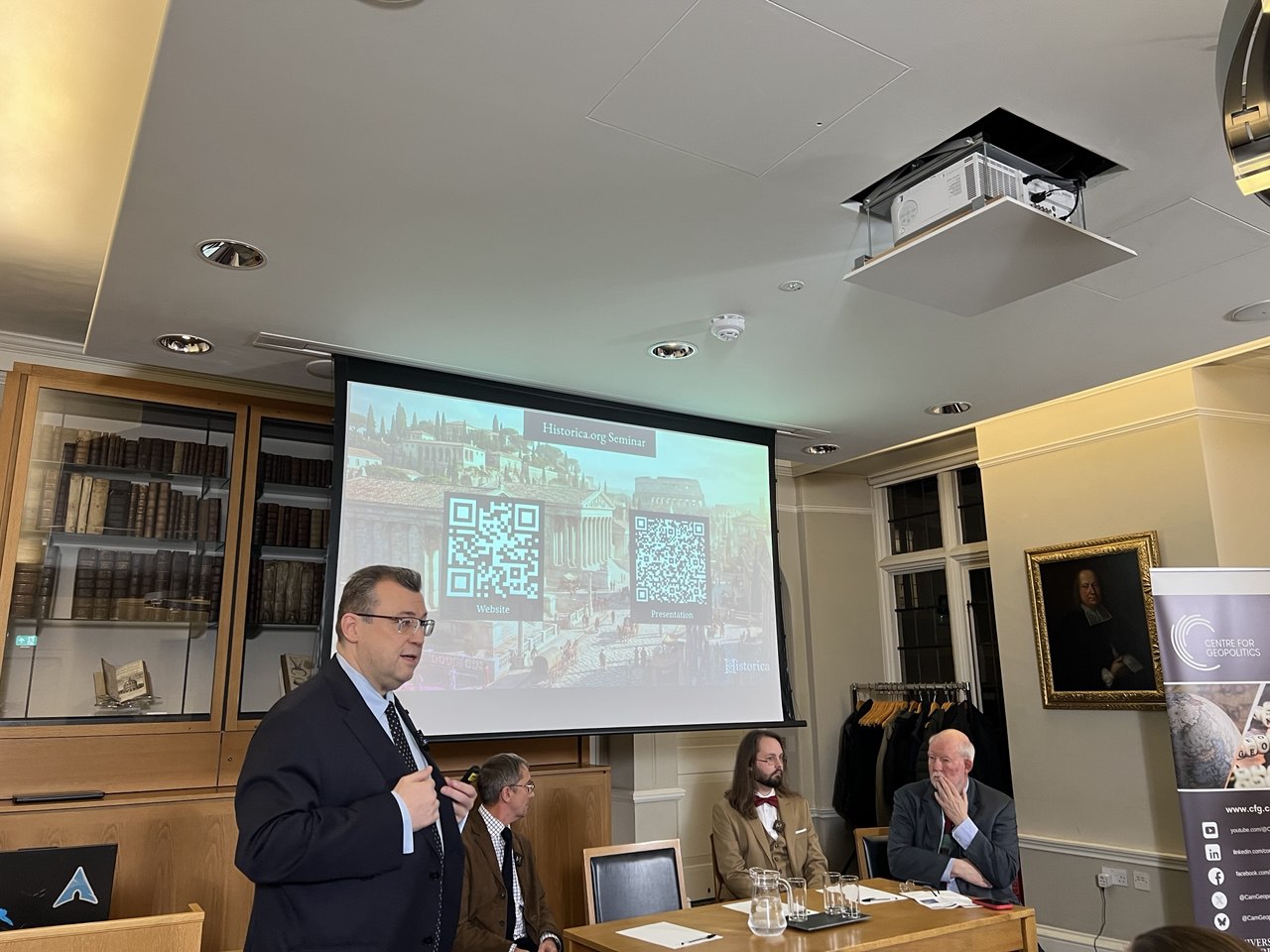European Parliament Approves the AI Act
On March 13, 2024 Parliament approved the Artificial Intelligence Act that ensures safety and compliance with fundamental rights, while boosting innovation. The AI Act will introduce comprehensive rules governing the use of artificial intelligence in the EU, making it the first major economic bloc to regulate the technology.
The European Council is expected to formally approve the final text in April 2024. The law will then be published in the Official Journal of the EU and will come into force 20 days after publication. The project aims to protect fundamental rights, democracy, the rule of law and environmental sustainability from high-risk artificial intelligence, while also stimulating innovation and establishing Europe as a leader in this field.
The Act encompasses crucial measures such as prohibiting specific AI applications that pose risks to citizens' rights, imposing constraints on law enforcement's utilization of biometric identification, and imposing obligations on high-risk AI systems to mitigate potential harm. Additionally, transparency mandates for AI models and initiatives to foster innovation, particularly among SMEs, are highlighted within the Act.
The Act's approval marks a significant milestone in addressing the evolving challenges and opportunities presented by artificial intelligence.
Historica sees the recent approval of the Artificial Intelligence Act by the European Parliament as a key moment. This legislation can strike a balance between innovation and the protection of fundamental rights, drawing on historical lessons from technology regulation. By addressing issues such as privacy and transparency, it sets a global standard for ethical AI practice. However, implementation and enforcement challenges remain.




.webp)
